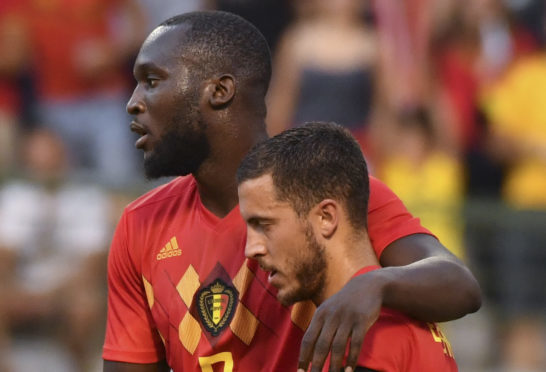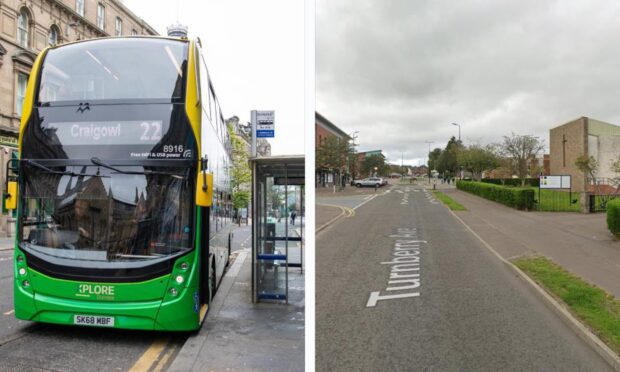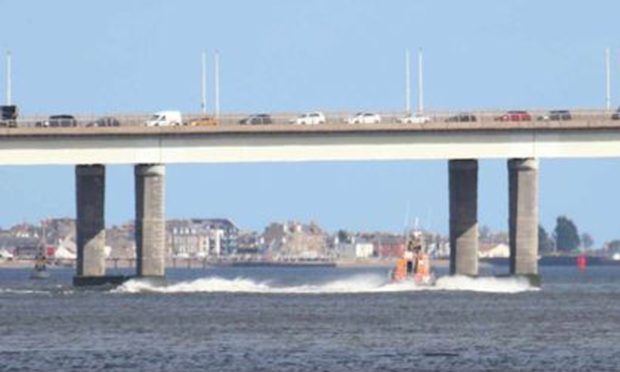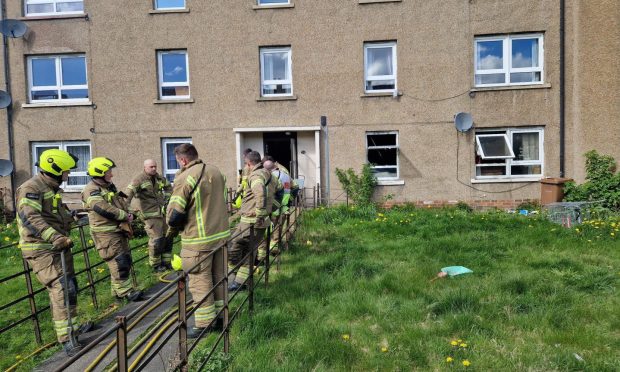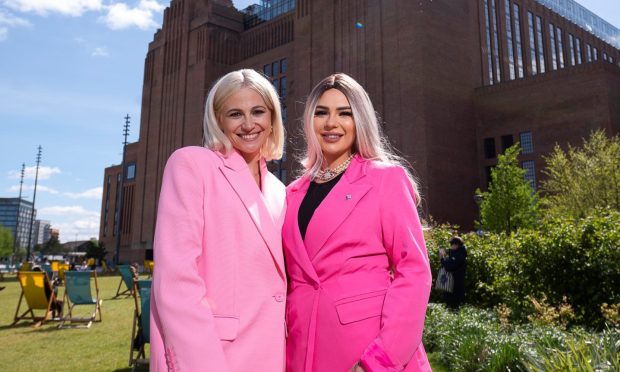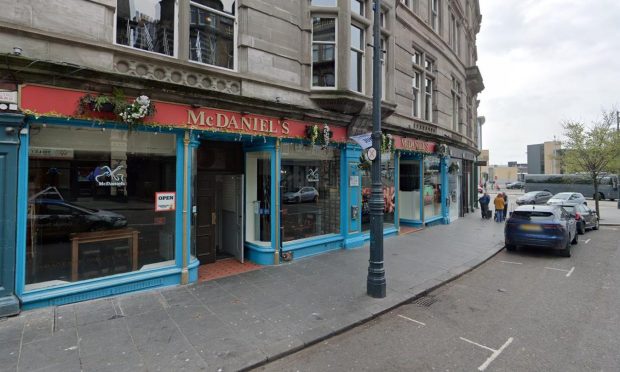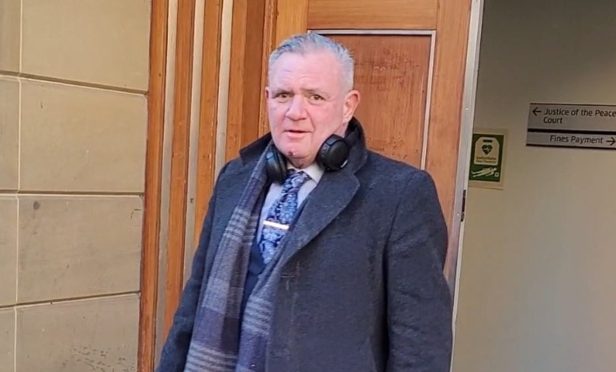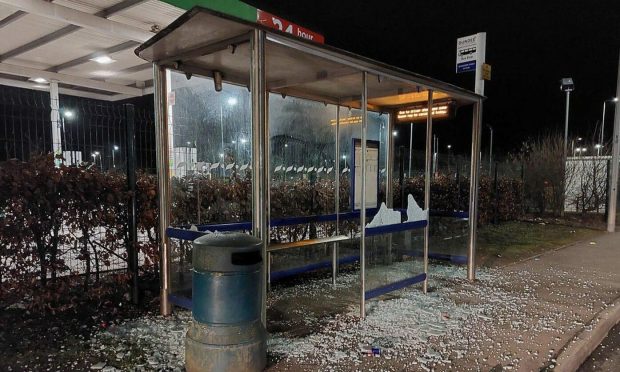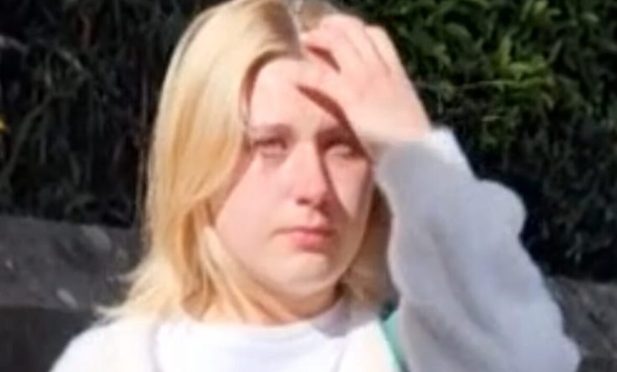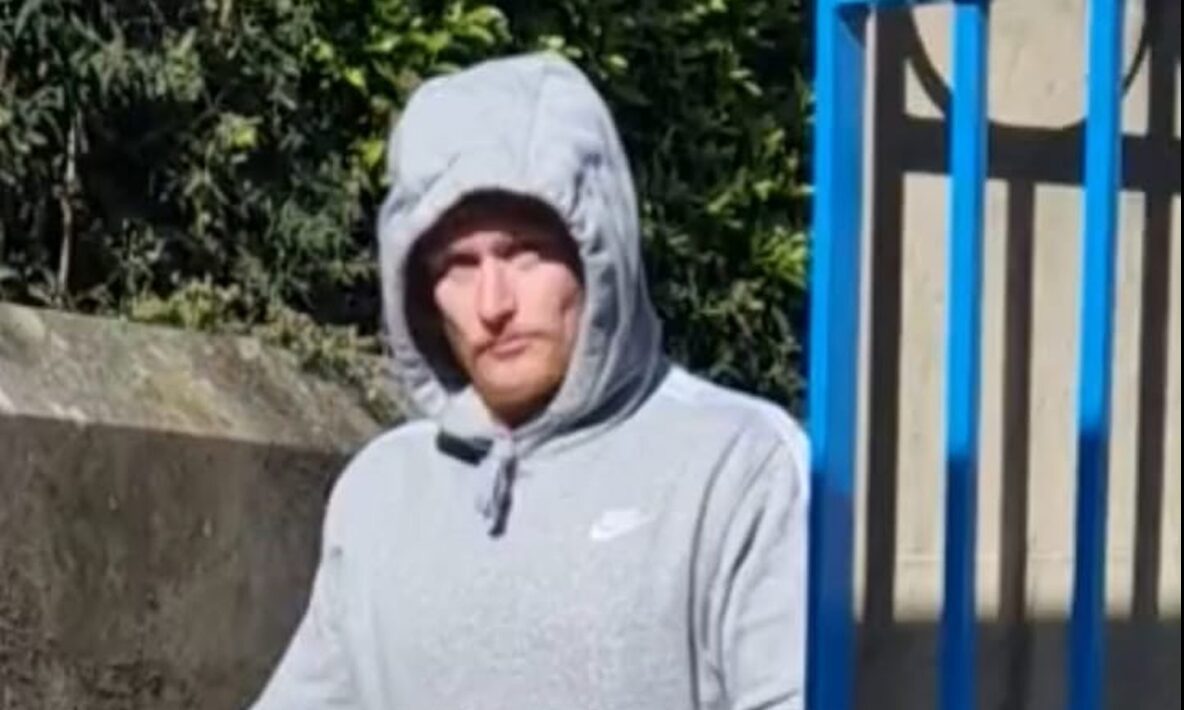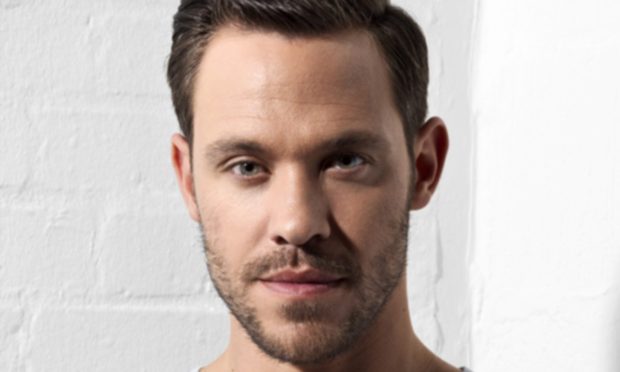A friend of mine got in touch last week after being sent a document asking to confirm the nationality of her son.
While optional, the document asked if her three-year-old, about to start nursery, was Scottish, English, Welsh, Northern Irish, British or other.
Parents were asked to tick one box and one box only.
This is not something unique to Dundee City Council – the census was updated several years ago to accommodate so many different distinct ethnicities.
Yet the truth is that in the 21st century, few of us are any one thing and nationality should be, sporting contests aside, irrelevant. Even the SNP is at great pains to explain independence would be a political decision rather than one based on place of birth.
I can, depending on the mood, be Scottish, British, a Fifer, a Dundonian, Polish and even, when listening to The Pogues, surprisingly Irish (on my mother’s side).
Ironically, the great contest of nations that is the World Cup has provided the best examples of nationality’s fluidity.
Kosovan-born Xherdan Shaqiri of Switzerland has the flag of Kosovo painted on his boot and his goal celebration against Serbia last week – hands crossed over his chest to represent the Kosovan eagle – made it clear he has no difficulty, and sees no contradiction, in being two things at once.
Sadly, it’s not always so easy. Romelu Lukaku, the Belgium and Manchester United striker, wrote movingly about the poverty of his upbringing and how it fuelled his desire to rise to the top of the game.
He noted that in Belgium, when he performed badly, critics would make a point of noting his Congolese ancestry but when playing well, he would be plain Belgian.
Raheem Sterling also wrote movingly about his Caribbean upbringing but what it means to represent England.
The truth is, we are who want to be on any given day. Being born in one place or another doesn’t make someone better or worse, nor does someone feeling affinity with more than one country make them less, say, Scottish, than someone who does not.
Following a week where the leading country in the developing world has been stripping children from their parents and locking them in cages it’s more important than ever to remember people are, whatever their background or immigration status, just people.
Nationality is nothing more than an accident of birth. It’s how we live our lives, not the flag to which we swear allegiance, that ultimately counts.
